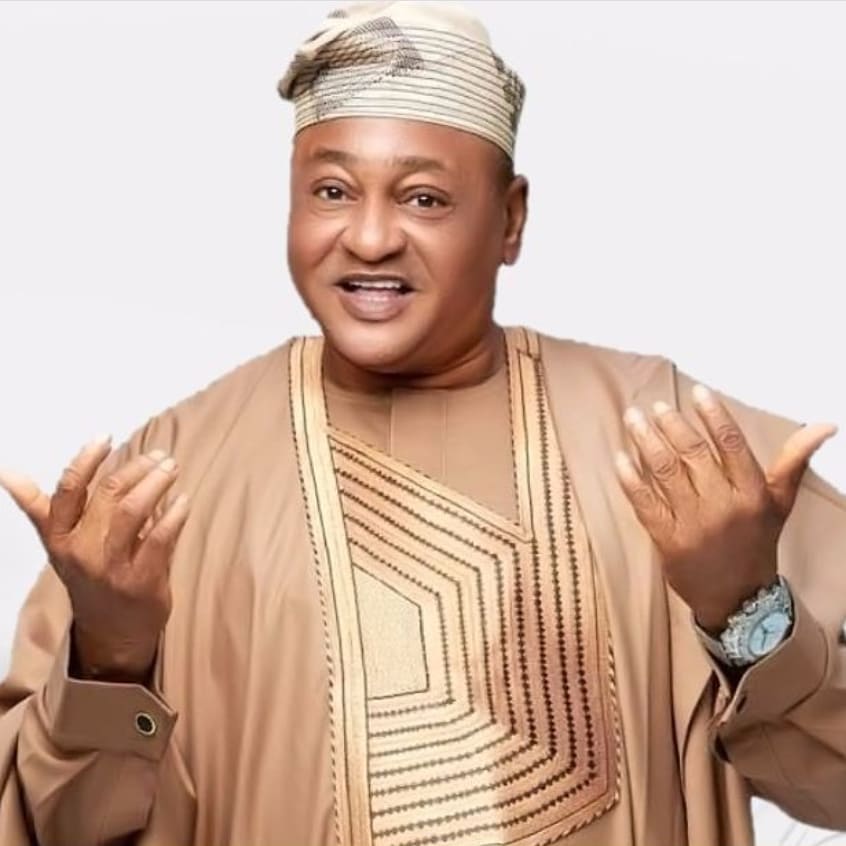
Veteran Nollywood actor Jide Kosoko has sparked controversy with his recent remarks on Nigeria’s political system, suggesting that democracy may not be the most suitable form of government for the country.
During his appearance on The Honest Bunch Podcast, the seasoned actor criticized Nigeria's current democratic structure, asserting that it does not align with African traditions. Kosoko argued that the country continues to face persistent challenges because it is attempting to operate under a governance system that is fundamentally un-African.
"The kind of government we have is un-African, and that's why we continue to have problems. We need to design our own type of governance; we are not ready for democracy. It’s like Fela said—this democracy is a ‘demonstration of crase.’ I am a Nigerian, and I’m entitled to my opinions, so leave every other thing," Kosoko stated.
His comments have ignited widespread debate across social media, with many Nigerians expressing divergent views. While some sympathized with his perspective, arguing that the current system has failed to address the country’s core issues, others strongly criticized his stance.
Critics, particularly those opposing the current administration, reminded the actor of his past political affiliations and support for President Bola Ahmed Tinubu. Many accused him of hypocrisy, arguing that he had previously endorsed the very system he now condemns. Others suggested that his remarks reflected the frustrations of many Nigerians struggling with governance inefficiencies, economic instability, and political unrest.
Jide Kosoko’s statements contribute to a larger discourse on governance in Nigeria. The country has faced multiple democratic challenges, including electoral controversies, corruption, and ineffective leadership. Some analysts argue that the nation needs structural reforms to establish a system better suited to its socio-political landscape, while others maintain that the democratic framework should be improved rather than discarded.
As the debate continues, Kosoko’s remarks have added another layer to the national conversation about Nigeria’s political future. Whether his sentiments will inspire meaningful discussions on governance or remain a polarizing opinion remains to be seen.








